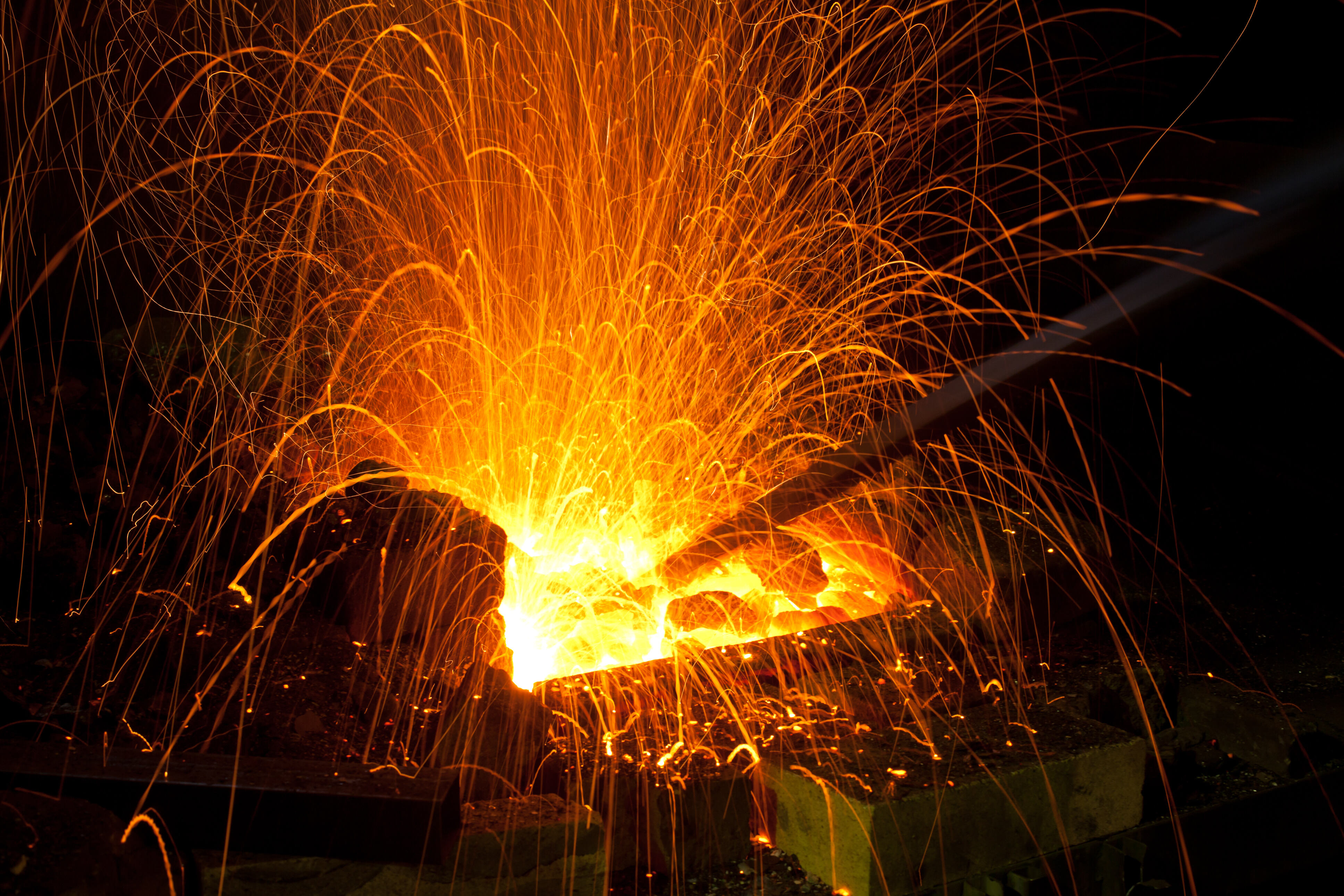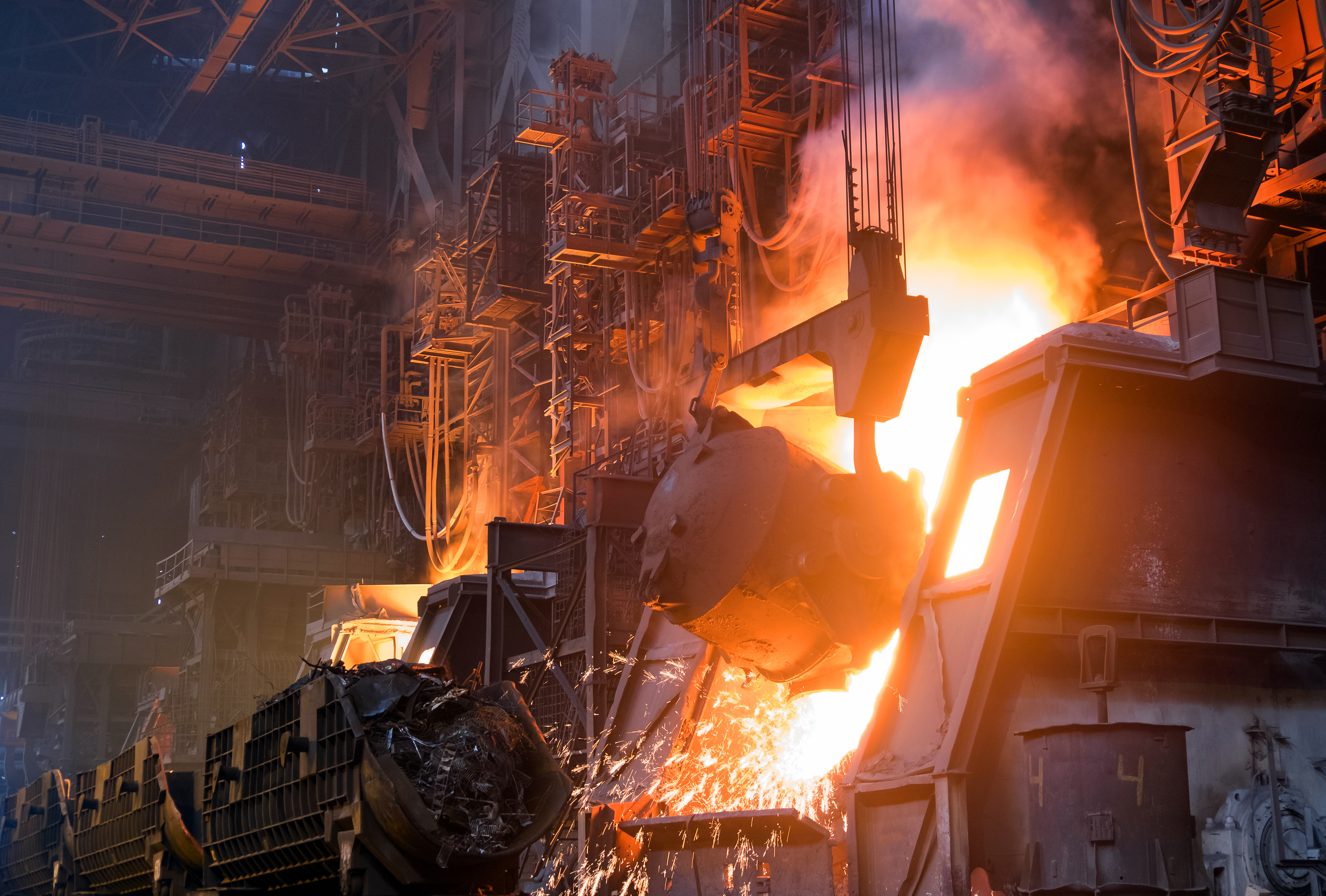metal metallurgy
Metal metallurgy is a fundamental branch of materials science that encompasses the extraction, purification, alloying, and processing of metals. This field combines scientific principles with engineering practices to transform raw metal ores into useful materials for various industrial applications. The process involves multiple stages, including ore extraction, concentration, reduction, refining, and forming. Modern metallurgy utilizes advanced technologies such as electron microscopy, X-ray diffraction, and computer modeling to analyze and optimize metal properties. The field's main functions include improving metal strength, durability, and performance through heat treatment, alloying, and surface modification. Technological features of metal metallurgy include precise control of chemical composition, microstructure manipulation, and the ability to create custom alloys for specific applications. This discipline is crucial in manufacturing sectors, from aerospace and automotive to electronics and construction. Metal metallurgy enables the development of materials with enhanced properties such as corrosion resistance, high-temperature stability, and improved mechanical strength. The field continues to evolve with emerging technologies like powder metallurgy, additive manufacturing, and nano-metallurgy, opening new possibilities for material innovation.

